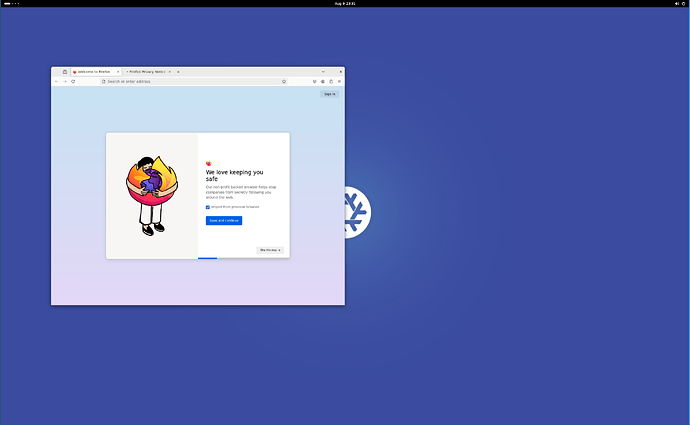I am dram, currently working at PLCT Lab at ISCAS (Institute of Software, Chinese Academy of Sciences). We’ve been working with various RISC-V software and hardware communities to improve the ecosystem.
As part of Project Jiachen, also known as RISC-V Prosperity 2036, PLCT Lab intends to collaborate with the NixOS community. The goal of this collaboration is to improve Nixpkgs/NixOS support of the RISC-V architecture, thereby promoting the growth and prosperity of the RISC-V ecosystem.
To achieve this, we plan to provide access to RISC-V development boards to the NixOS community for use as CI and manual testing platforms. Additionally, we will offer internship opportunities (currently limited to Chinese students) to work on maintaining the CI infrastructure and fixing build failures.
We have already sponsored @NickCao with a build server that powers https://hydra.nichi.co, which builds Nixpkgs cross compiled to RISC-V from x86_64, and has been able to assist the community by catching and fixing cross problems and providing a RISC-V binary cache.
We look forward to working together with the NixOS community to drive innovation and progress in the RISC-V landscape.
Currently we would like to discuss the following questions with other community members:
- What are your current views on RISC-V support? Is this a project worth pursuing?
- What level of extra burden will this place on maintainers and infrastructure (edited to clarify) to gradually raise RISC-V platforms to better tiers of support? What can we do to better support for collaborators?
- What approach should we go for? Should we prioritize cross-compilation or native compilation for RISC-V?
- What are some difficulties and hurdles expected?
If you have any thoughts or opinions, just write them here as a reply. You can also contact me on Matrix in Exotic Nix Targets (#exotic:nixos.org) or NixOS RISC-V (#riscv:nixos.org) (I’m @dramforever:matrix.org). Thanks for your attention and support.
